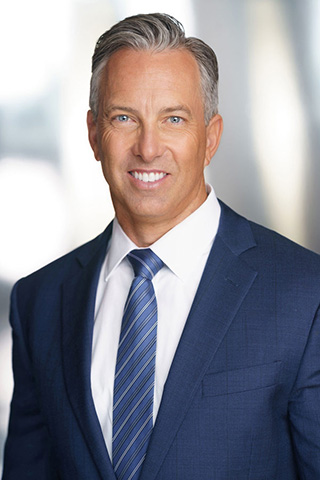Protecting Employees From Workplace Harassment
If you have experienced unwanted sexual advances, inappropriate comments, or a hostile work environment, you may have legal options under California law. At Wilshire Law Firm, we provide compassionate and confidential representation to help employees protect their rights and seek justice.
What Is Sexual Harassment?
Sexual harassment includes any unwelcome sexual conduct that interferes with an employee’s ability to work. Common examples include:
- Inappropriate comments or jokes
- Unwanted touching or physical contact
- Requests for sexual favors
- Hostile or intimidating work environments
California law prohibits sexual harassment in all workplaces and employers are required to take steps to prevent and address harassment.
Your Legal Rights as an Employee
If you have been subjected to sexual harassment, you may have the right to:
- File a complaint with your employer or state agency
- Pursue a civil claim for damages
- Seek compensation for emotional distress, lost wages, and other harm
Taking action can help protect your rights and prevent future misconduct.
How Wilshire Law Firm Can Help
Our experienced employment attorneys understand the sensitive nature of these cases. We can:
- Review your situation and explain your legal options
- Handle your case with discretion and professionalism
- Represent you in negotiations or litigation
We work on a contingency fee basis, which means no fees unless you get paid. Court costs and case expenses may apply.
Why Choose Wilshire Law Firm?
- Award-winning team with extensive experience in employment law
- Proven track record of successful outcomes
- Dedicated to protecting employees and promoting workplace fairness
Your voice matters. Let us help you take the next step toward justice.
Contact Wilshire Law Firm Today
Call us 24/7 for a free consultation. Our team is available at any hour to listen, guide you, and provide clarity when you need it most. Your consultation is completely free, and you are under no obligation to move forward. Reach out today with confidence, knowing you will have a proven, dedicated team standing firmly on your side.










